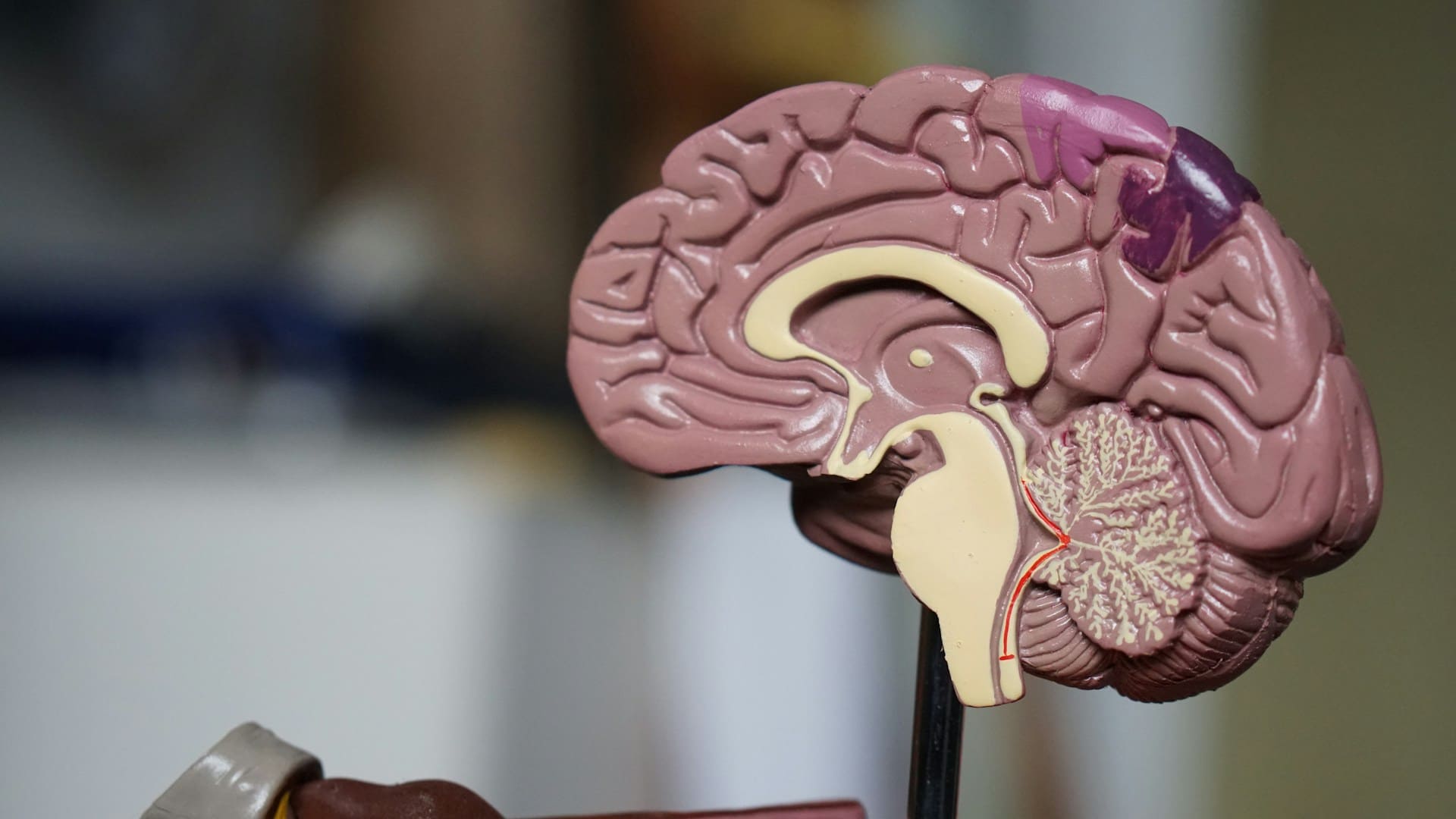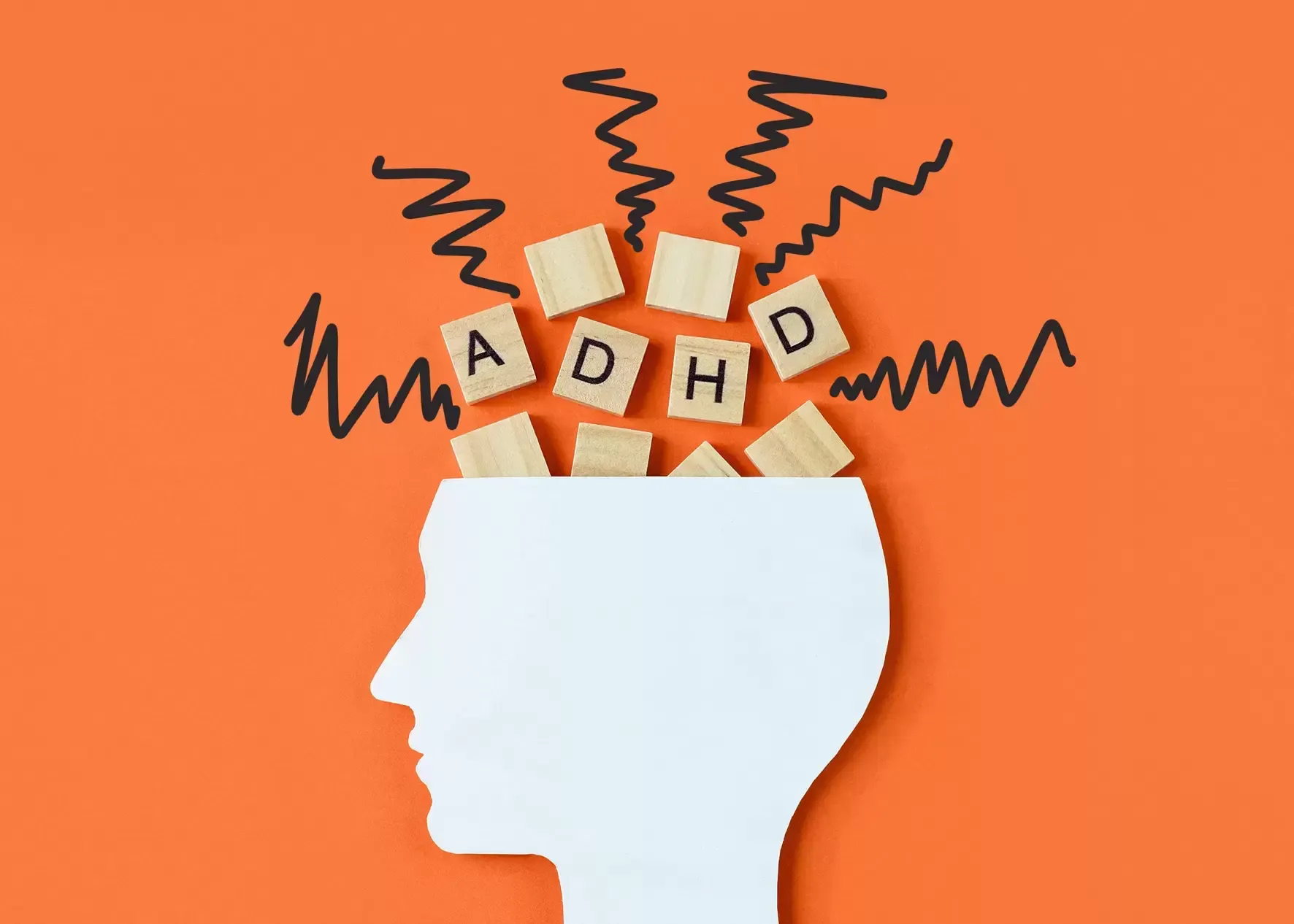What is Mindfulness? Best Practice for Greater Well-being

Mindfulness is a relatively new field that has gained extremely wide popularity and application in recent years for overcoming distress, anxiety, insomnia, neuroses and depression. Studies show that the use of mindfulness helps people tolerate chronic pain more easily and significantly alleviates psychosomatic disorders.
It is also a method of self-regulation that can be used to bring order to one’s thoughts and feelings quickly, to mentally distance oneself from the source of worries, and to improve the quality of life, filling it with harmony instead of worrying about upcoming difficulties or regretting mistakes or losses.
What is mindfulness? It is a certain approach to meditation, the practice of attention training, stress control, and the development of mindfulness skills. There is a reason why it is called fitness for the mind. It is practiced by UK parliamentarians, police officers, employees of special services in the USA, and employees of large corporations with a worldwide reputation (Nike, Google, Apple, and others). Mindfulness is part of education at Oxford, Cambridge, and Harvard universities.
The Benefits of Mindfulness
Mindfulness is one of the most popular relaxation and stress-reduction techniques. It is a practice that helps you focus on the moment and take it as it comes, with maximum acceptance and without any judgment. This process can be beneficial for mental health and overall well-being. Self-care stress management is a practice that everyone should know to help slow down from the daily routine.
Here are a few mental health benefits of mindfulness meditation:
- Reduction of stress and anxiety. It helps reduce levels of stress by reducing the hormone cortisol. This helps reduce anxiety levels and improve your mood.
- Increased self-awareness. This approach helps you focus on the present moment and understand your feelings and emotions. This allows you to better understand yourself and your needs, which can be beneficial for improving mental health.
- Improved concentration. It helps you focus on the present moment and avoid distractions. This can improve concentration and productivity at work.
- Reducing the risk of depression. Some studies have shown that mindfulness meditation can reduce the risk of depression and improve well-being.
- Increased calmness and life satisfaction. Mindfulness meditation can help you calm down and reduce nervousness.
The scientists found that mindfulness meditation can reduce stress levels, improve well-being, and boost your mood.
It also helps you feel more concentrated. It increases your ability to perceive and focus on details.
Even short sessions of mindfulness meditation can have positive effects on mental health. For example, studies have shown that 10 minutes of Mindfulness daily for two weeks can help reduce anxiety levels and improve mood.
In addition, it can help improve sleep quality. The need for healthy sleep is well known, and studies show that mindfulness meditation can help calm the mind and make it easier to fall asleep.
Best Mindfulness Practices
How to practice mindfulness? Incorporating mindfulness can be very easy, and most people can access mindfulness without having to make special accommodations to their busy schedules. People often live most of their day on auto-pilot. Mindfulness includes practices that break that pattern and pays attention to details like your breathing, the sound of your toothbrush, or the texture of your fork. Mindfulness practices offer profound benefits for mental and emotional well-being. Here are some stress-free holiday examples of mindful practices to help you relax and enjoy the festive season without feeling overwhelmed or anxious.
Meditation
Among one the best techniques is meditation, which helps cultivate present-moment awareness and calm the mind.
Deep Breathing Exercises
Such techniques are effective in promoting relaxation and reducing stress.
Body Scans
It involves systematically directing attention to different parts of the body, fostering a sense of embodiment and relaxation.
Mindful Walking
It encourages attentiveness to each step and the surrounding environment, promoting grounding and clarity.
Mindful Eating
Mindful eating involves savoring each bite, fostering a healthier relationship with food and reducing overeating.
Gratitude Journaling
Gratitude journaling entails regularly writing down things you’re thankful for, promoting a positive outlook and enhancing overall happiness.
Yoga
Yoga combines physical postures with breath awareness, promoting flexibility, strength, and mental clarity.
Mindful Listening
It involves giving full attention to others without judgment or distraction, fostering deeper connections and understanding.
What is the primary purpose of practicing mindfulness? Incorporating these mindfulness practices into your daily routine can lead to greater resilience, emotional balance, and overall well-being. Mindfulness isn’t a magic pill for all problems, but this practice can do a pretty good job of managing emotions.
Mindfulness in Therapy
Mindfulness in therapy represents a revolutionary technology in cognitive behavioral therapy. Although the attention of the scientific community is a recent phenomenon, mindfulness techniques are related to ancient Buddhist practices that have been around for thousands of years.
Originally, mindfulness in therapy was used for spiritual training of the mind, but modern researchers have used some of the most effective components to treat psycho-emotional disorders including anxiety, depression, bipolar disorder, PTSD, OCD, ADHD, and chronic pain. Today, the evidence-based approach which has a heavy emphasis on mindfulness is Dialectical Behavioral Therapy (DBT). Our experienced DBT therapist Tracy Tsao is here to support you every step of the way. Contact us today to schedule your initial consultation and take the first step towards a brighter future with Dialectical Behavioral Therapy. You deserve to feel better, and we’re here to help you achieve that.
There are different steps of mindfulness. These techniques focus on non-judgmental awareness of thoughts and feelings. When we experience strong emotions, we become hostage to our interpretations of what is happening. The more confused our thoughts are about the situation, the harder it becomes to deal with our emotions. Mindfulness helps us to manage our emotions better by helping us get rid of distorted perceptual patterns and recognize what’s going on. All of this provides more effective problem-solving, with less emotional strain and a more comfortable psychological state.
By cultivating awareness and compassion, mindful therapy helps individuals develop a deeper understanding of themselves, reduce reactivity, and improve emotional regulation. The main key of mindfulness is to enhance overall well-being and resilience, empowering clients to navigate life’s challenges with greater ease and clarity.
Conclusion
Embrace mindfulness today for a calmer, more balanced life. Start by practicing deep breathing, mindful meditation, or simply being present in the moment. Cultivate awareness and find peace amidst life’s chaos. Take the first step towards greater well-being and mental clarity. Your journey to mindfulness begins now.


















































